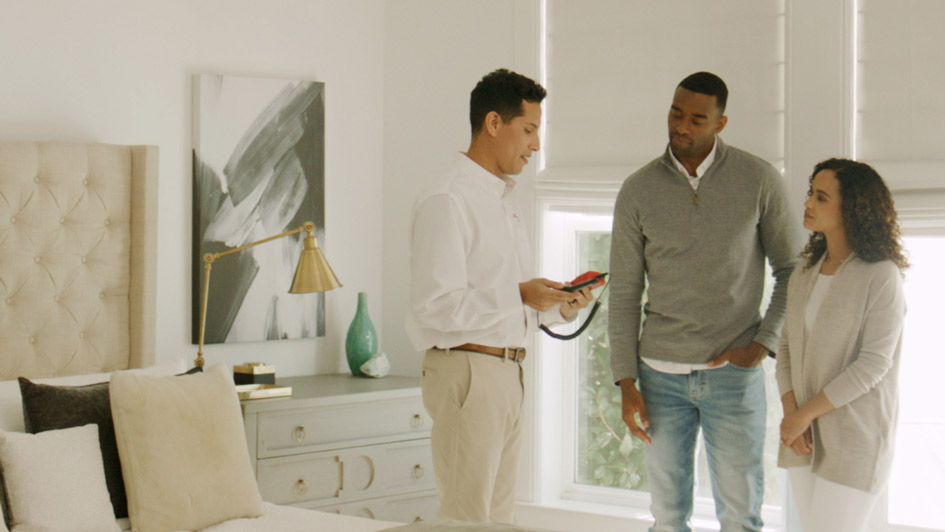
Even after temperatures are comfortable indoors, some homeowners notice their sense of comfort does not feel satisfactory. The usual reason is poor indoor air quality, with allergens and airborne debris causing various issues. From exacerbating asthma to encouraging mold, improving air quality should be included in your overall HVAC plan.
Fortunately, you have a solution at hand. Whole-house air purifiers can filter out these annoying particles, for better health and well-being. And as the name suggests, they’re powerful enough to do so for the entire house! A new, high-efficiency air purifier from Strine's may be the last thing you need to resolve those lingering comfort problems.
But wait, aren’t there portable air purifiers you can use instead? Even though the principle is similar Is the Better Investment
Cost remains a priority, and you might regard the much smaller price tag of a portable air purifier as as the driving factor in your choice. But if your ultimate goal is the best possible indoor air quality, the strength of whole-house air purification becomes evident:
- With just one device, your entire home is protected: You won’t have to drag a portable purifier around from room to room since whole-house models are powerful enough to filter out pollutants across your entire home.
- Far more economical over time: Rather than keeping multiple units in different rooms, a single, whole-house air purification system protects air quality for years and years. This kind of resilience also stops dust and debris from getting into the rest of your HVAC system, which in turn can boost the efficiency of your HVAC system as a whole.
- Less maintenance is needed because of advanced filter technology: Clogged ventilation is one of the most common reasons you notice problems with your HVAC system’s effectiveness. A whole house air purifier can keep these filters from clogging in the first place with their own filter designs. For example, air purifiers with a HEPA filter give you access to some of the best air filtration for residential properties.
For a Typical Household, Look for MERV Ratings Around 8
The Minimum Efficiency Rating Value (MERV) system was developed to help homeowners make informed decisions about the degree of air filtration they’re installing. While a higher MERV rating means more filtration, that isn’t necessarily something your average home needs.
The scale goes up to 20, but this would be excessive outside of specialized facilities like the surgery theater in a hospital. For your own personal use, a MERV rating of 8 is usually adequate. The air quality experts at Strine's can help you decide precisely which option will adequately fulfill your needs.
